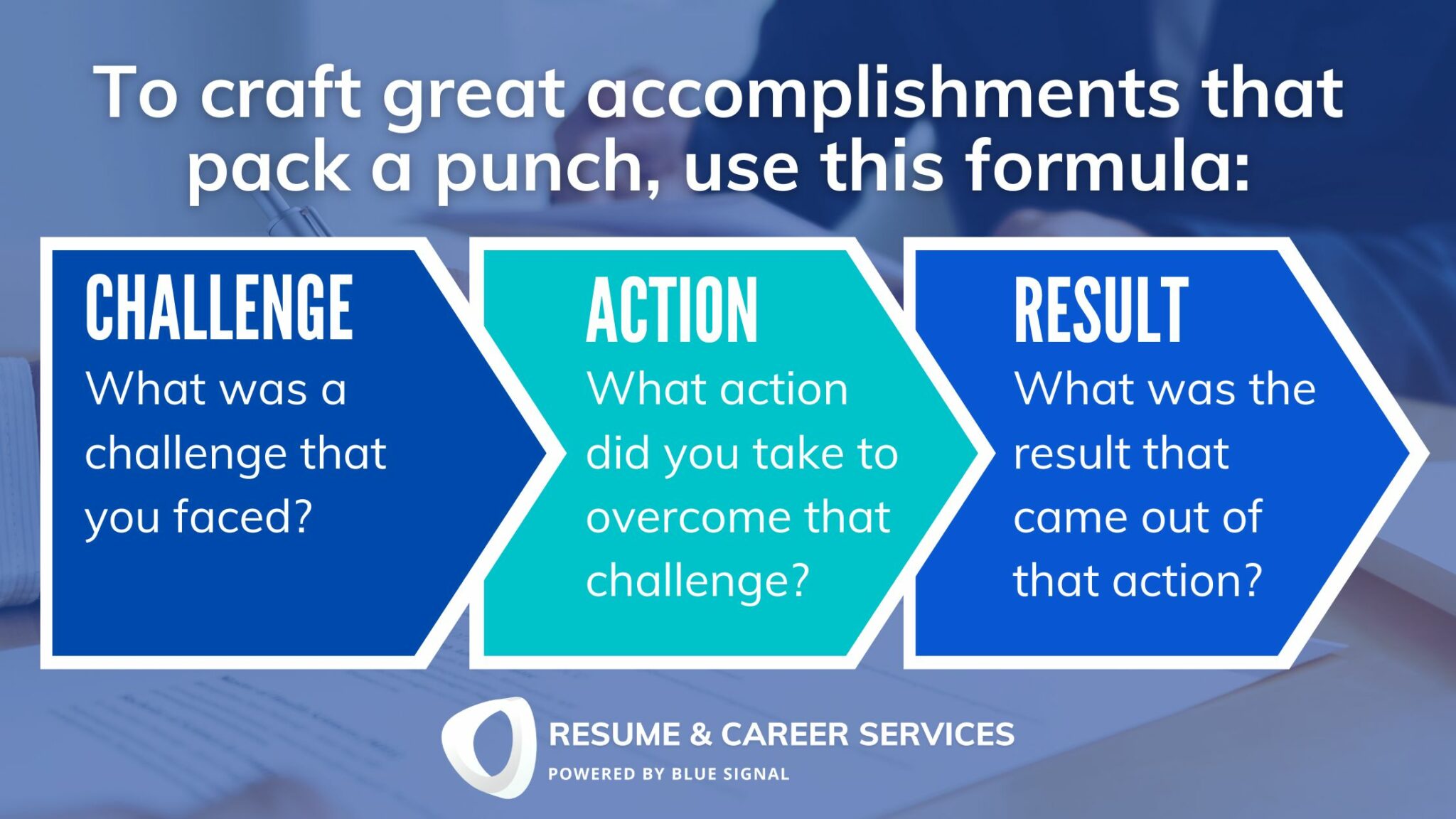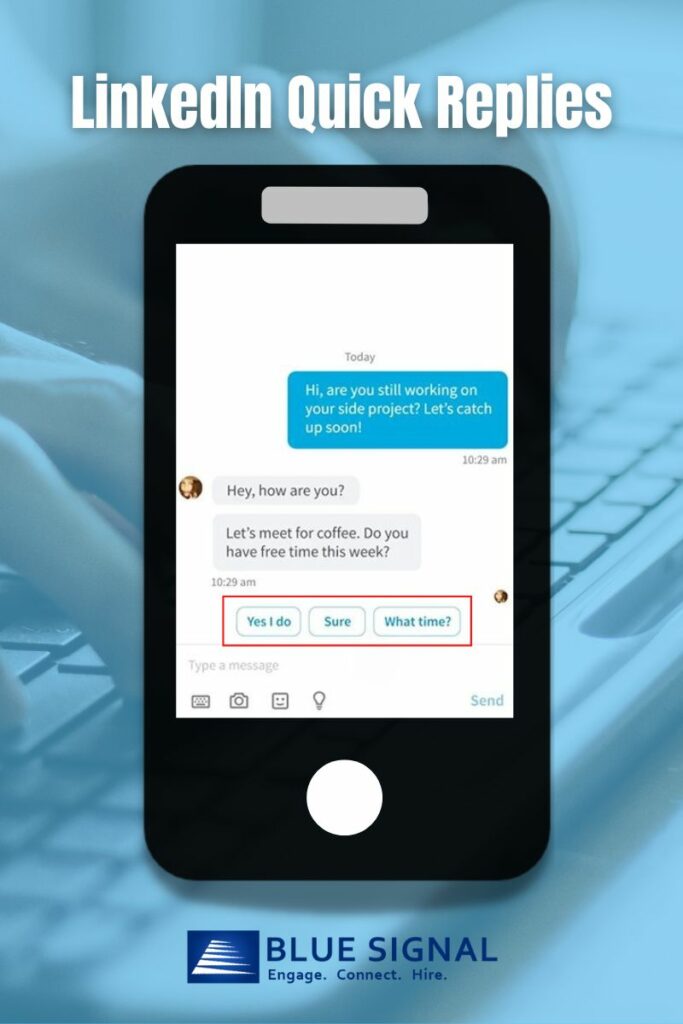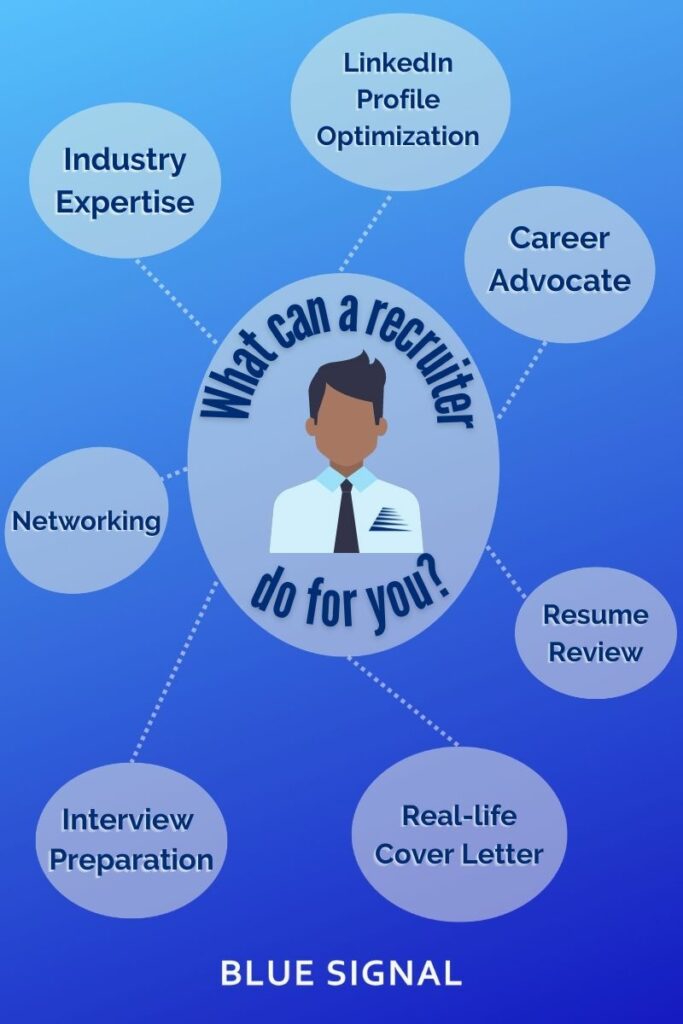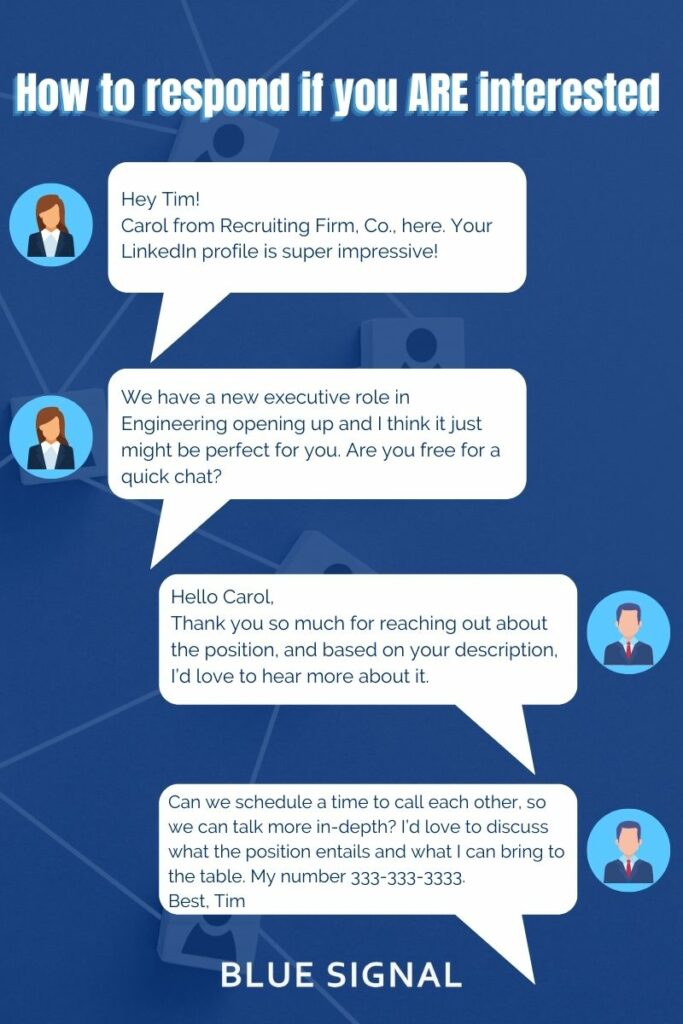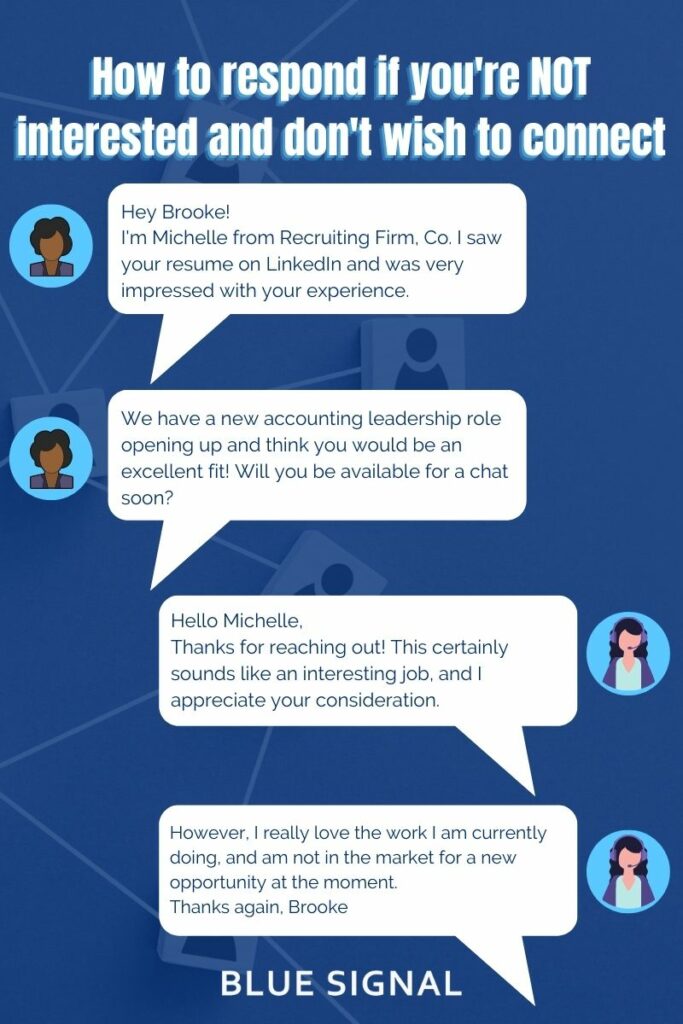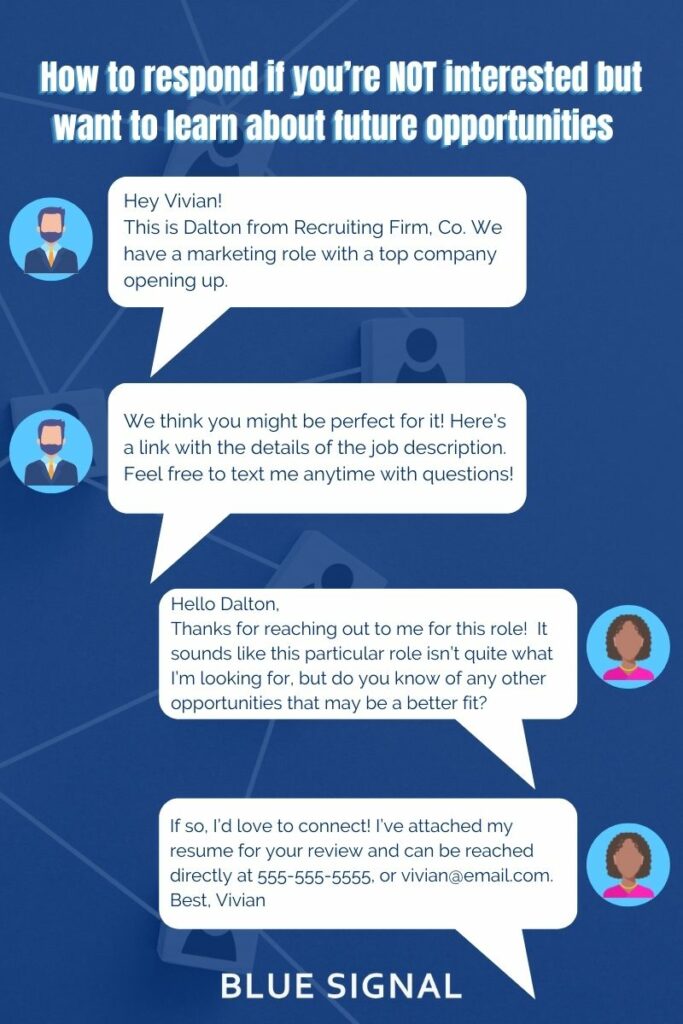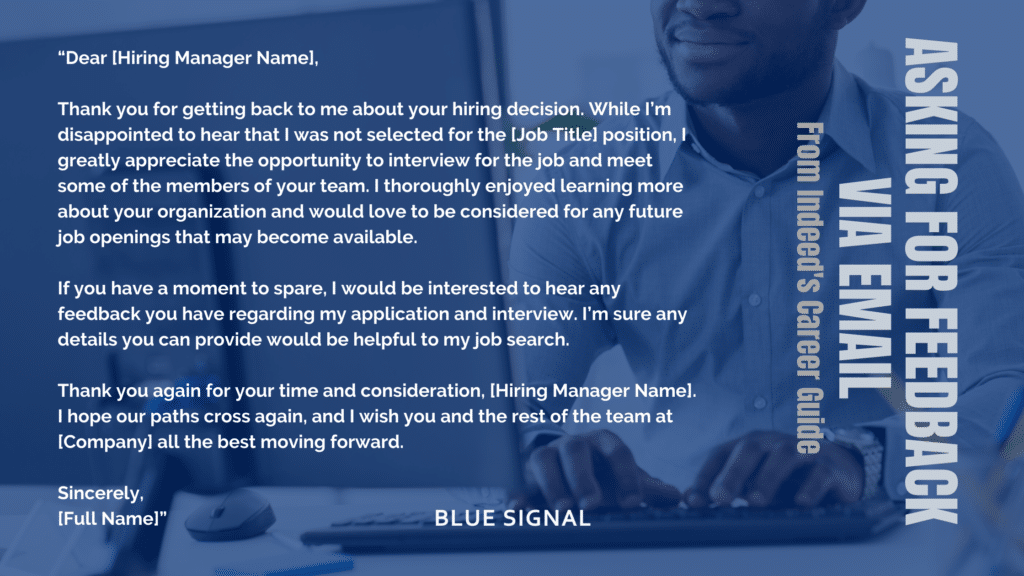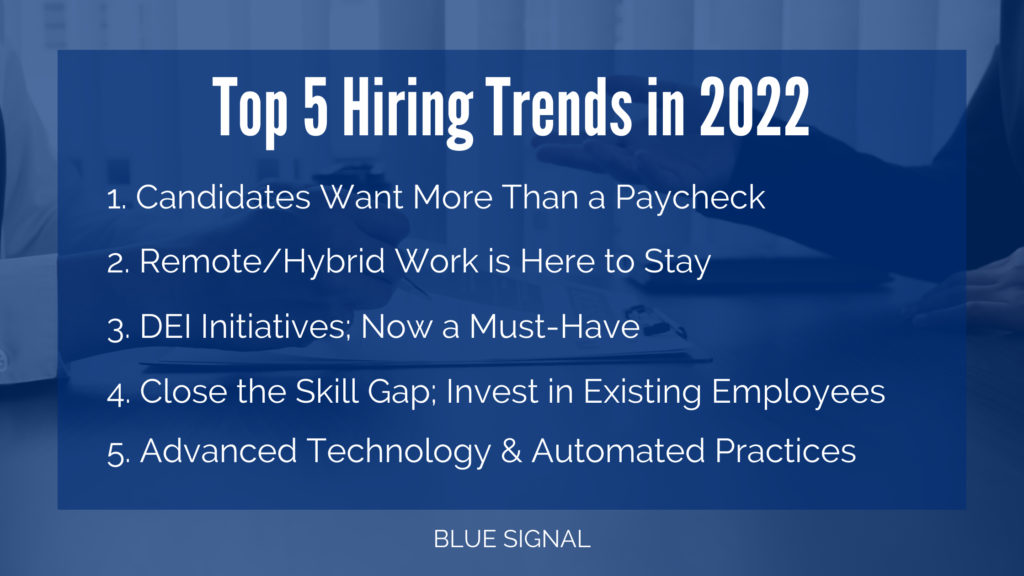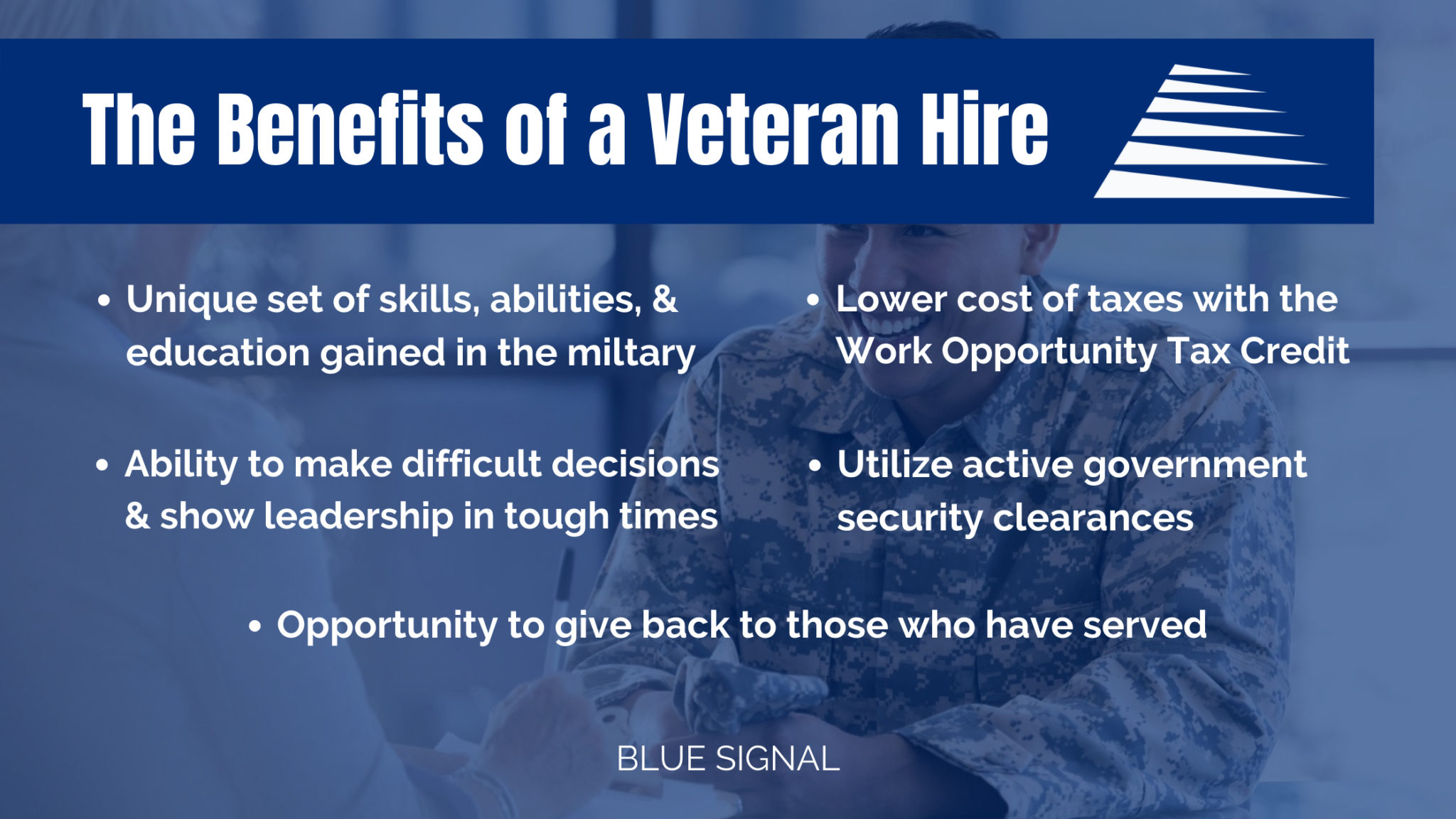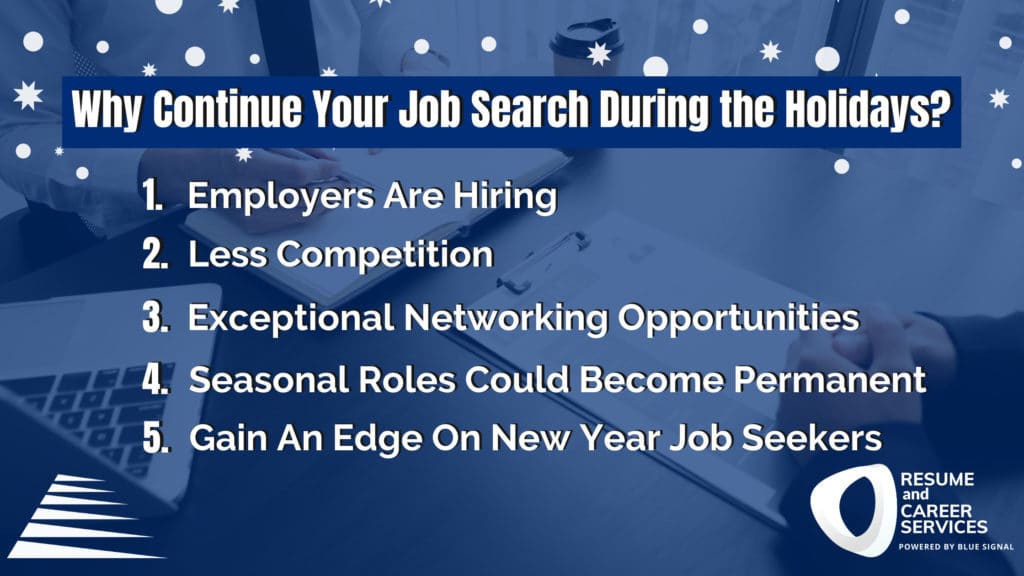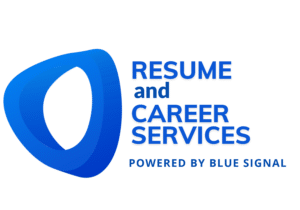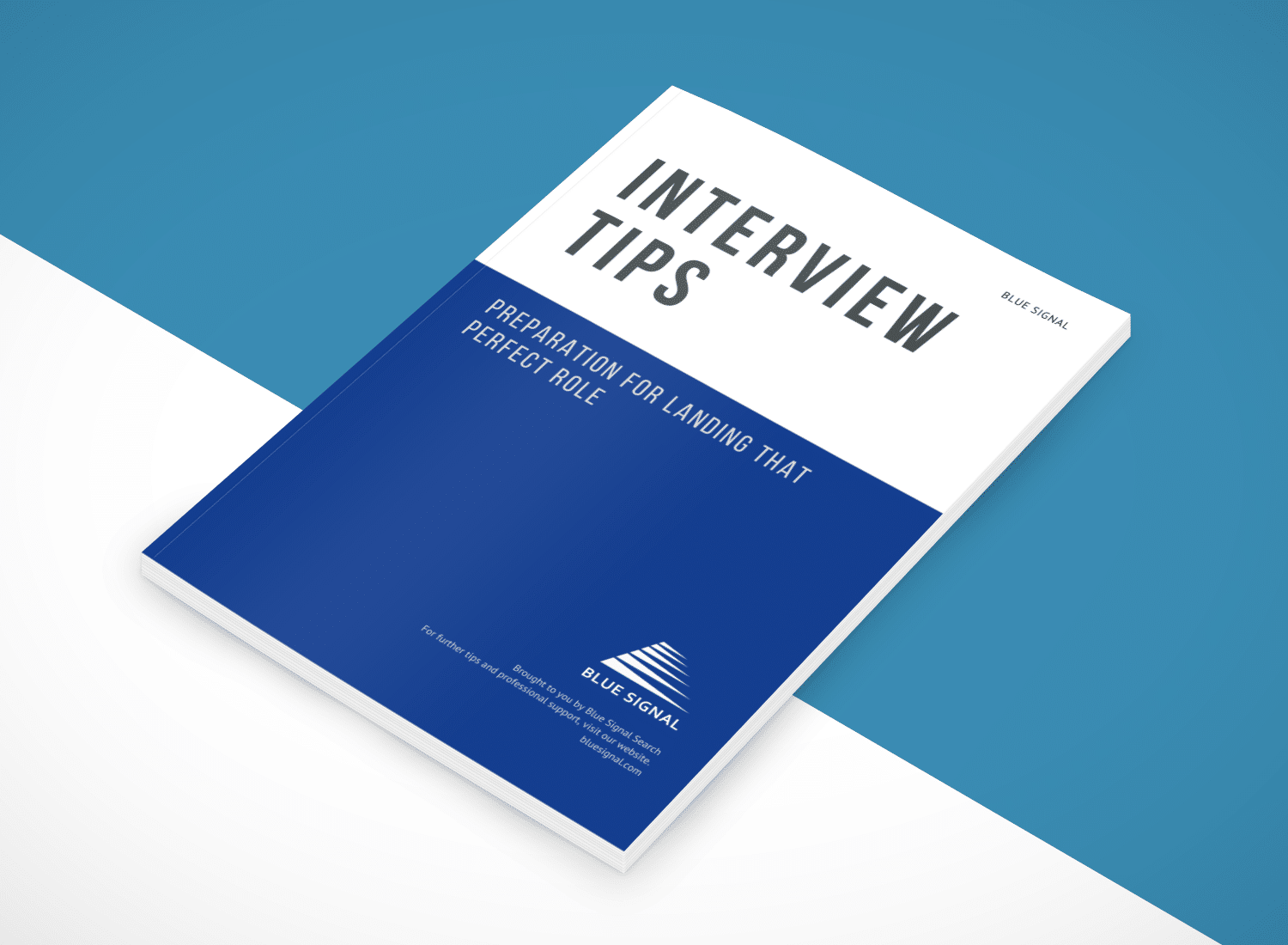We are thrilled to announce Blue Signal’s recognition as the 3rd Largest Phoenix-Area Direct Hire/Permanent Placement Firm by the Phoenix Business Journal (PBJ). This marks our continued presence in the list, having been honored as one of the largest direct hire/permanent placement firms consecutively in 2019, 2020, 2021, and 2022. The rankings, derived from a meticulous survey, underscore our consistent performance and unwavering commitment to excellence in the recruitment industry.
The PBJ ranking evaluates several pivotal metrics, including the number of direct hires, local recruiters, and placement specialties, to name a few. Our notable position in this ranking reflects our profound capabilities as a Phoenix executive search firm with specialized placement strategies, and a deep understanding of the local and industry-specific talent landscape.
Our recognition by the PBJ not only underscores our formidable presence as a Phoenix executive search firm but also solidifies our reputation as a pivotal player in direct hires and permanent placements in the Phoenix area. Our expertise spans various industries, including information technology, construction, wireless/telecom, and healthcare enabling us to curate a network of unparalleled talent and provide innovative recruitment solutions to our clients.
As we continue to forge our path forward, we remain rooted in our commitment to leveraging our industry expertise to facilitate successful placements that advance individual careers and propel organizational success. From all of us at Blue Signal, thank you!
More about Phoenix Business Journal:
Phoenix Business Journal (PBJ) is Arizona’s premiere resource for breaking business news, including daily updates, weekly publications, and industry insights. PBJ is a member of the American City Business Journals (ACBJ) - the largest publisher of metropolitan business newsweeklies in the United States. ACBJ has 44 business publications across the country, reaching more than 3.6 million readers each week.
More about Blue Signal:
Having successfully completed over 2,350 search projects, it’s no surprise that Blue Signal has the experience, relationships, and tools to be recognized as a leader in the direct hire and permanent placement space. Additionally, our deep industry knowledge and streamlined search processes help clients to secure high-caliber talent within tight timeframes. As an award-winning, top Phoenix executive search firm, we have been a driving force in our clients’ professional successes.
Therefore, we immerse ourselves in our client’s businesses and our candidate’s careers to fully understand top priorities and the best direction for both parties. Our reputation is built on our ability to consistently incorporate these priorities into our executive hiring process to make long-term, impactful connections.



